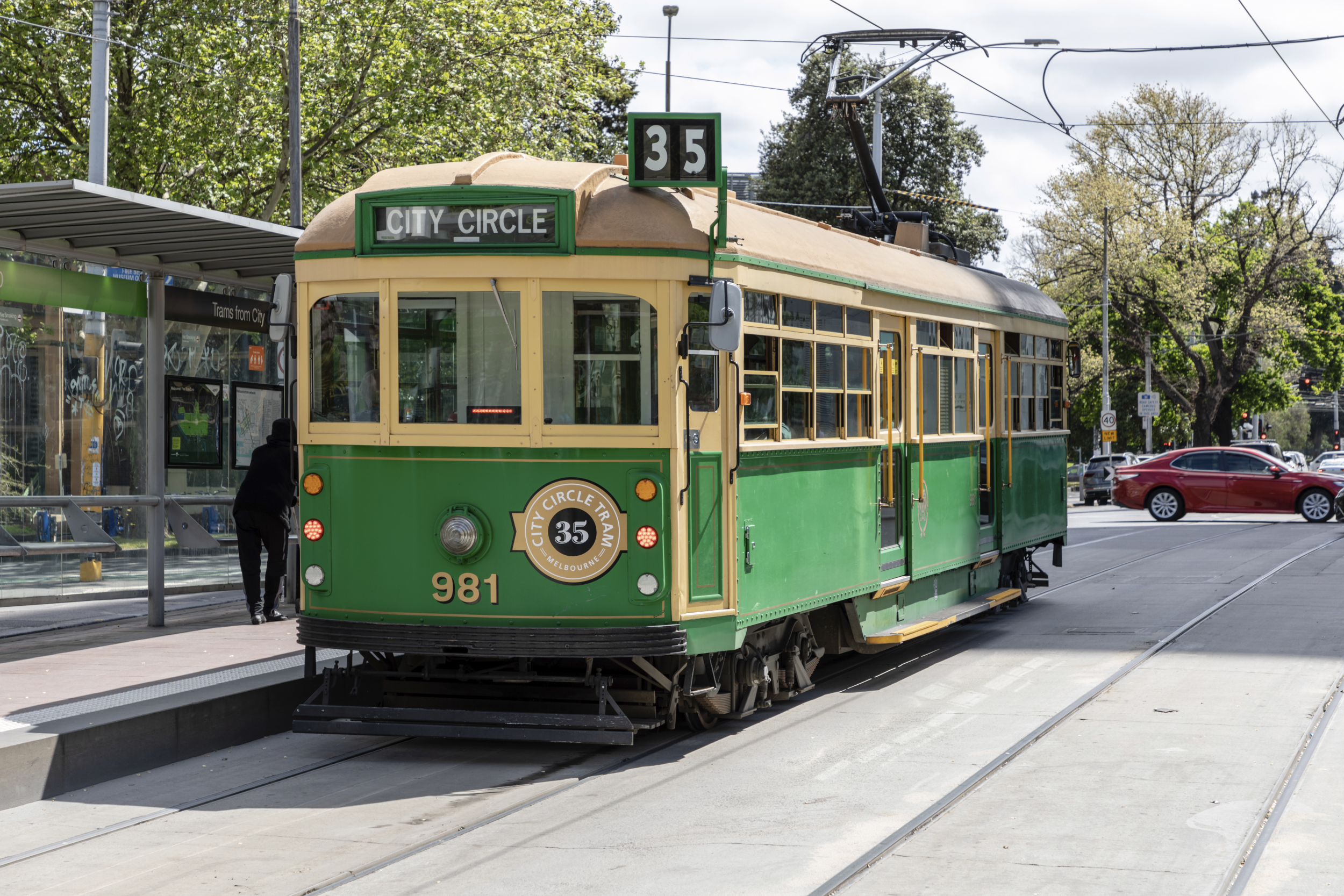A coronial hearing into the death of Noongar man Jeffrey Winmar heard police cancelled a request for paramedics before he died from a suspected heart attack.
I’m all for hating the cops but that’s a bit of a misleading headline.
The court heard police handcuffed Mr Winmar and placed him in the recovery position before calling an ambulance.
The request was cancelled when he came to.
A short time later Mr Winmar again lost consciousness and stopped breathing, as police requested another ambulance and did CPR until paramedics arrived.
That just seems like an appropriate first-aid response to me?
First aid is just that. The first step to proper aid. Surely if he’s unconscious and an ambulance is deemed appropriate, he needs medical attention, even if he comes to. Cancelling an emergency ambulance may be appropriate, but no medical care may not be.
Cancelling the ambulance was not appropriate
And does it say he was denied further medical attention after cancelling the ambulance?
No, not that I saw. Nor does it say it was provided.
inappropriate given as they don’t know why he passed out. Humans don’t just do that without an underlying cause, and it’s generally one a medical professional should have checked out.,
And for all we know that could’ve been their next course of action.
But if it stopped being an emergency, there isn’t much need for an emergency response.
It did not stop being an emergency and now he’s dead.
And for all we know that could’ve been their next course of action.
…except they cancelled the medical aid that was already on the way.
I hope someone isn’t bleeding out with you in charge, as the slightest pressure to stop the bleeding would mean canceling any medical care.
This person wasn’t bleeding out, they collapsed, after a high stress and physically demanding moment.
It’s one of my duties at work and I’ve called them multiple times. Had one colleague collapse, luckily it wasn’t for long and she was responsive before I had to call an ambulance. She refused one and got her husband to take her to her doctor instead. She was fine, collapsing itself isn’t an immediate worry depending on how the person recovers.
I’m sorry mate you are a terrible first aider and you should reconsider your approach before someone dies on your watch. As an EMT, loss of consciousness is absolutely something that warrants clinical assessment by a healthcare professional.
As a first aider you should understand the chain of survival, one of which is “early access to advanced care”. Delaying calling the ambulance completely violated that training. You should understand that the protocol DRSABCD has “send for help” after any response less than “alert” is identified. Your anecdote already shows you cannot follow the protocol and are not acting within your training. It also doesn’t say “go back and cancel the ambulance if they regain consciousness”. The training is simply “put them in the recovery position” which implies “and wait for ambulance to arrive”.
The reason it is taught that way is, you are not a doctor qualified to diagnose whether someone’s complex condition is an emergency or not. The absolutely worse thing you can do is make the wrong choice and delay necessary care. The best case is the paramedics come, assesses the patient, and decided they don’t need to go to hospital and they go on their merry way (at no cost to the patient). So for you, you always make the worst case scenario.
It’s not your responsibility as a first aider to consider the strain on the ambulance or the financial outcome to the patient. Your duty of care is to the medical outcome of your patient, nothing else.
Fantastically put.
Any first aider’s job is “do what you can and pass it to the fucking professionals”
This right here is why they shouldn’t of cancelled the ambulance. Cops ain’t qualified to assess whether something is a health emergency.
Yes, I was giving a different and more obvious example of why ‘it stopped happening, no medical care for you’ is stupid but you think your anecdote is universal when clearly that is not always the case.
No, I do not think my example is universal.
I think my example is an example of how you don’t always need an ambulance after recovering.
Better safe than sorry when someone loses consciousness while in police custody.
Unless you’re a paramedic, that’s not your call to make.
Ever.
No it’s not. People don’t generally lose consciousness, so even if they regain it, they should still be escalated to advanced care to be clinically assessed.
I’m still wondering whether an unconscious racial bias might have impacted their decision to cancel the ambulance?




